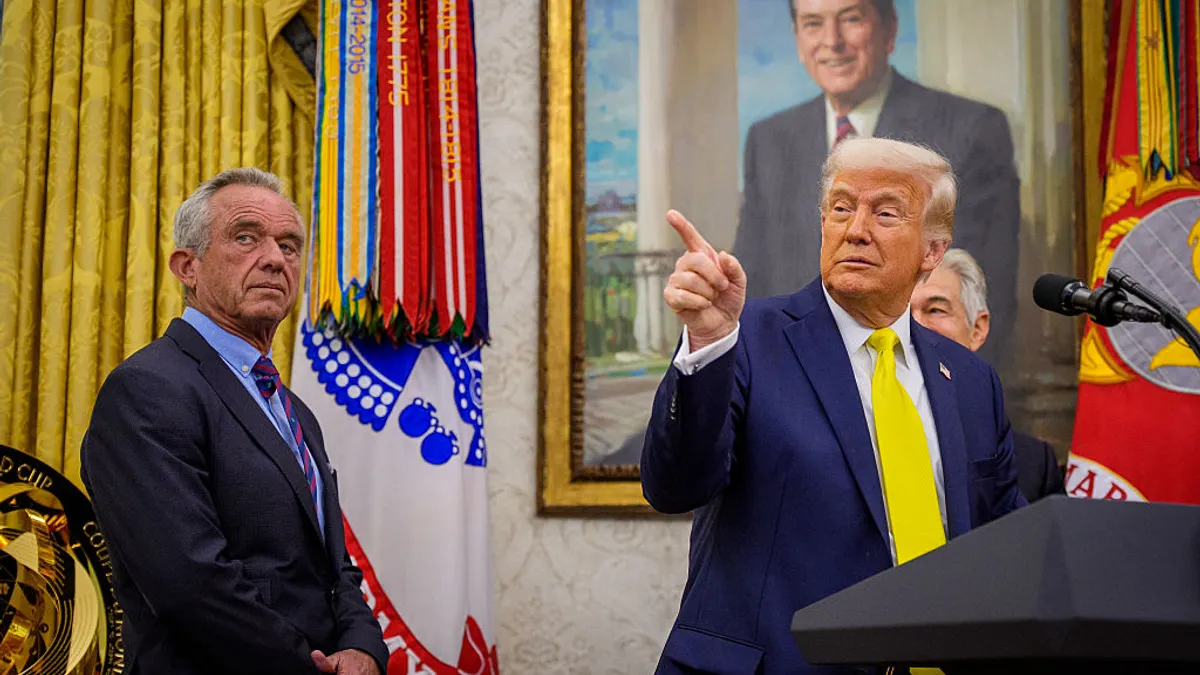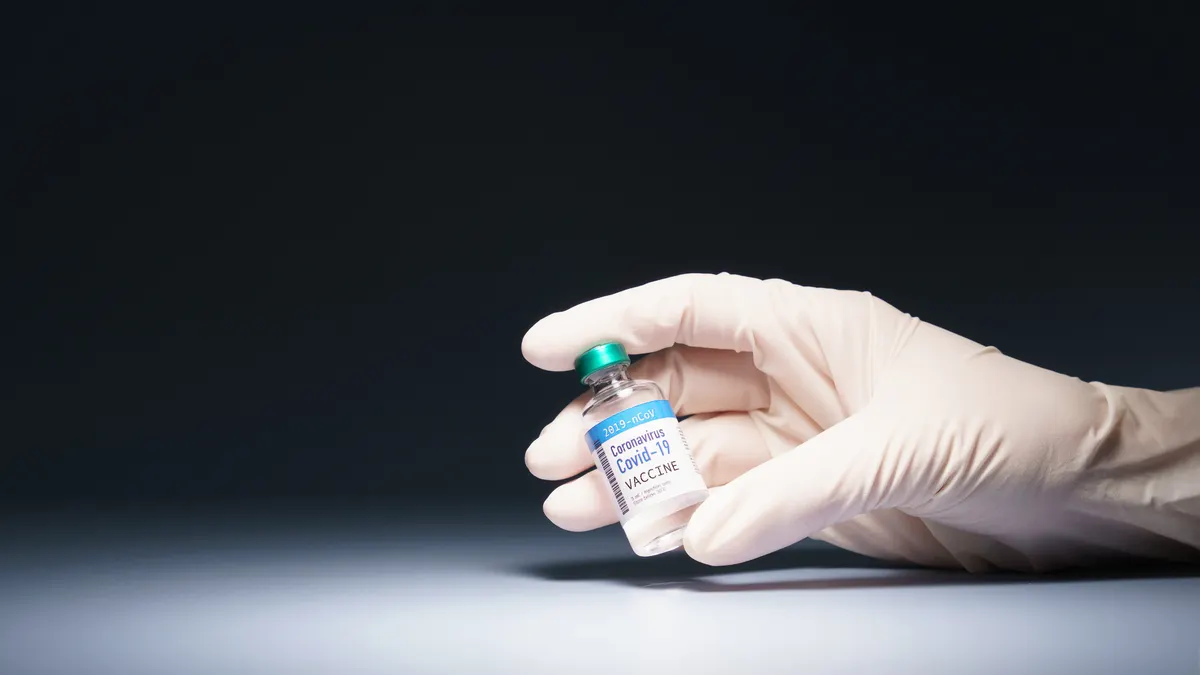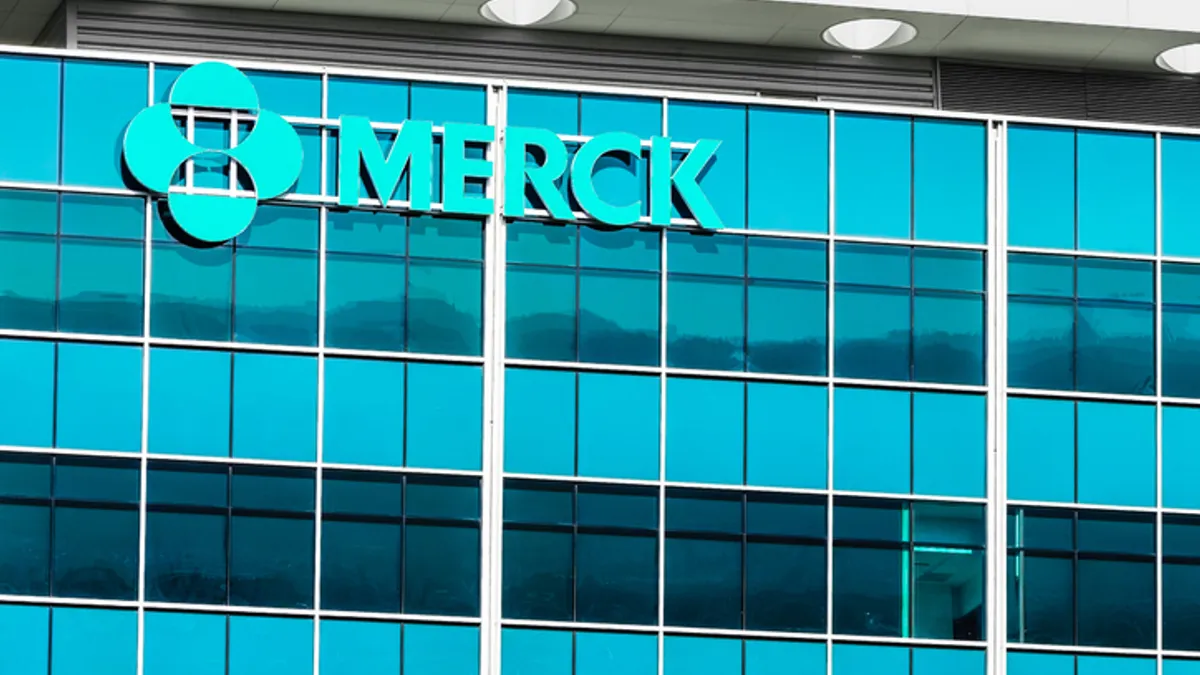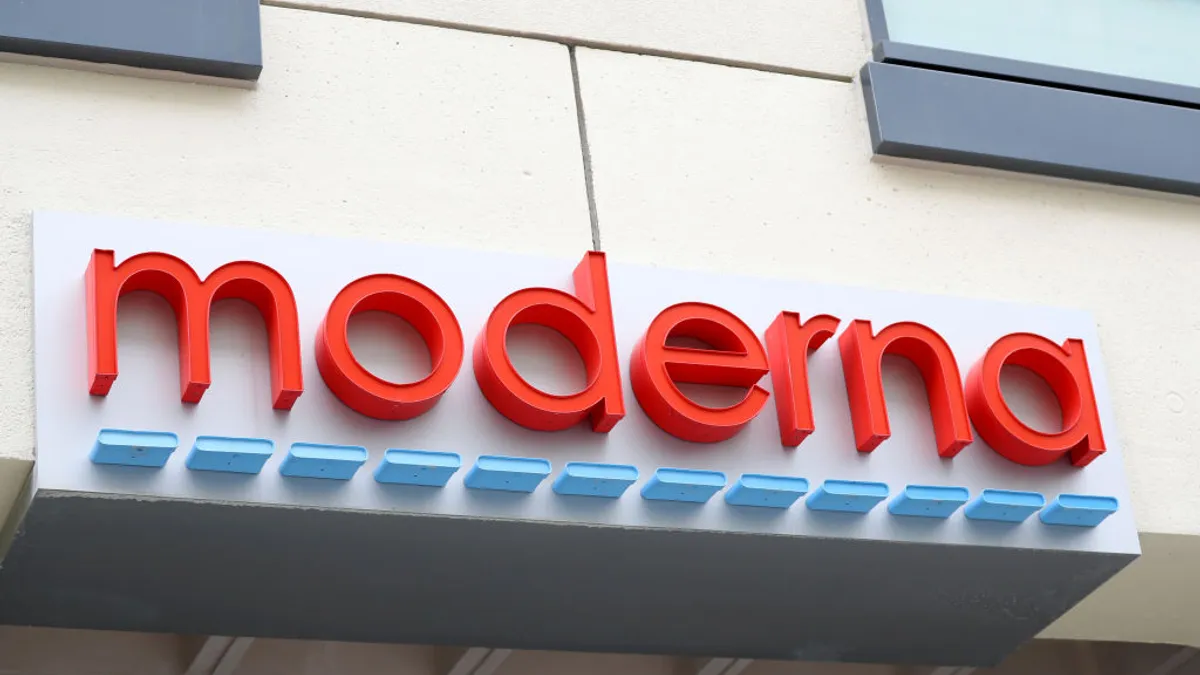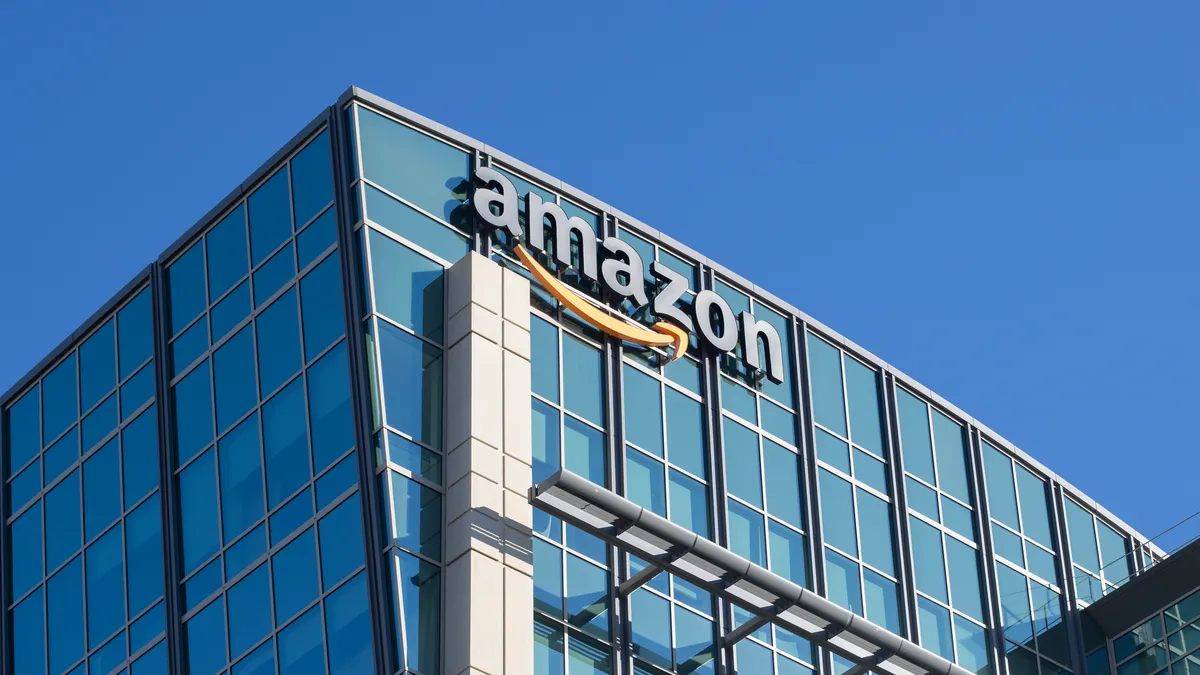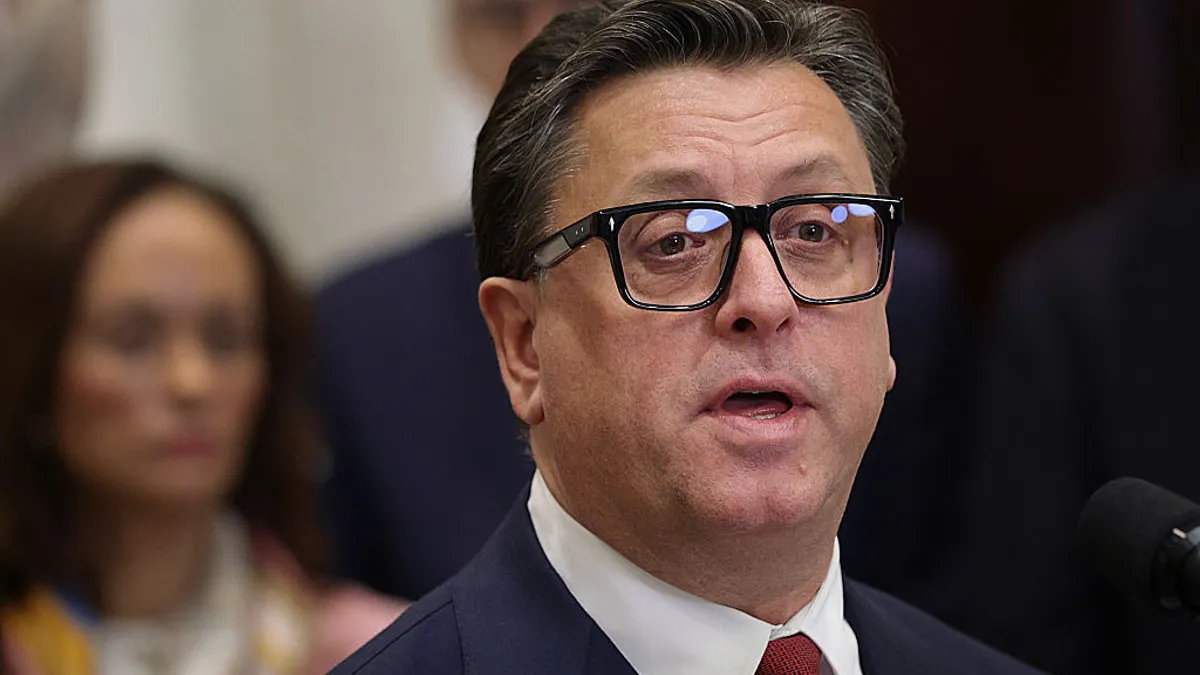Following through on President Donald Trump’s “most favored nation” policy, the HHS is about to drop a drug pricing hammer on the pharma industry. But that doesn’t mean drugmakers will comply.
The policy, issued by an executive order earlier this month in an attempt to bring U.S. drug prices in line with those paid in other countries, asks drugmakers to voluntarily lower their own price tags first. If they don’t, HHS is then directed to “impose” the policy, which is expected to be met with legal challenges, as it was when Trump proposed a similar plan during his first term.
Meanwhile, pharma’s largest lobbying group is aiming to shift the blame for drug prices to pharmacy benefit managers and the 340B hospital drug pricing program. PhRMA launched a new ad campaign last week that called out “markups” from the hospital program and “middlemen fees” from PBMs as reasons for higher drug prices in the U.S. compared to the rest of the world.
While HHS takes its first steps toward implementation, Congress is also looking into new reforms to lower drug prices.
HHS sets targets
As HHS determined target prices that “pharmaceutical manufacturers are expected to meet,” the agency disclosed that they’re equal to the lowest price paid by an OECD country with a GDP capita that’s at least 60% of the U.S. measure. And the president and HHS Secretary Robert F. Kennedy Jr. plan to highlight price commitments from drugmakers in the coming weeks, the agency said.
“For too long, Americans have been forced to pay exorbitant prices for the same drugs that are sold overseas for far less,” Kennedy said in a statement. “That ends today. We expect pharmaceutical manufacturers to fulfill their commitment to lower prices for American patients, or we will take action to ensure they do.”
In his executive order and accompanying fact sheet, Trump called out European countries for “free-riding” on American pharma innovation by charging lower prices than the U.S. for the same medicines. Trump hopes the plan will convince other countries to raise drug prices to make up for lost pharma revenues.
Kennedy last week called the plan a “revolution in healthcare affordability”, drawing on price comparisons for GLP-1 drugs in the U.S. and the U.K. — a patient may pay $88 for the same weekly shot in London for which an American shells out more than $1,000, he said.
HHS announced the new targets just over a week after Trump directed the agency to implement the lower prices within 30 days. Despite HHS expecting compliance from drugmakers, many critics and analysts have noted the policy lacks teeth for enforcement and therefore may have a limited effect in lowering drug prices. While the policy may impact list prices, many patients would not see a change in drug costs because most pay a different price through their insurance.
“We do not [expect pharma companies to voluntarily comply], given that this is coming out of an executive order, and we have precedent from the first administration of this president where this was attempted; we expect a strong legal response, just like last time,” Maximilian Vargas, vice president, U.S. access strategy at Certara, said in an email. “Federal authority to regulate drug pricing in the commercial books of business compared to government is limited.”
New drug pricing reforms introduced
HHS could come up with an enforcement mechanism down the line through a proposed rule, but firmer drug pricing reforms are already in the works.
Two bills have been introduced in Congress that target drug prices, including one that codifies core provisions of Trump’s most favored nation executive order into law. The Global Fairness in Drug Pricing Act, introduced the same day as HHS’ price target announcement, would similarly direct HHS to propose a rule to implement the MFN strategy. It would also facilitate direct-to-consumer sales of drugs at the new benchmark prices and authorize the FDA to import prescription drugs from countries with lower prices.
The FDA already allows states to apply for waivers to import drugs from other countries, and last week said it would enhance these options for imported drugs from Canada in compliance with the executive order. So far, only Florida has been granted a waiver to import drugs from Canada at a lower price. Canadian officials noted last year that the nation intended to “safeguard” its drug supply, underscoring importation plans may meet roadblocks from other countries.
Sen. Bernie Sanders, I-Vt., also introduced a bill targeting pharma companies that charge prices that are higher than the median in other countries. The legislation, sent to the Senate HELP committee, would end pharma monopolies in the U.S., according to Sanders.



